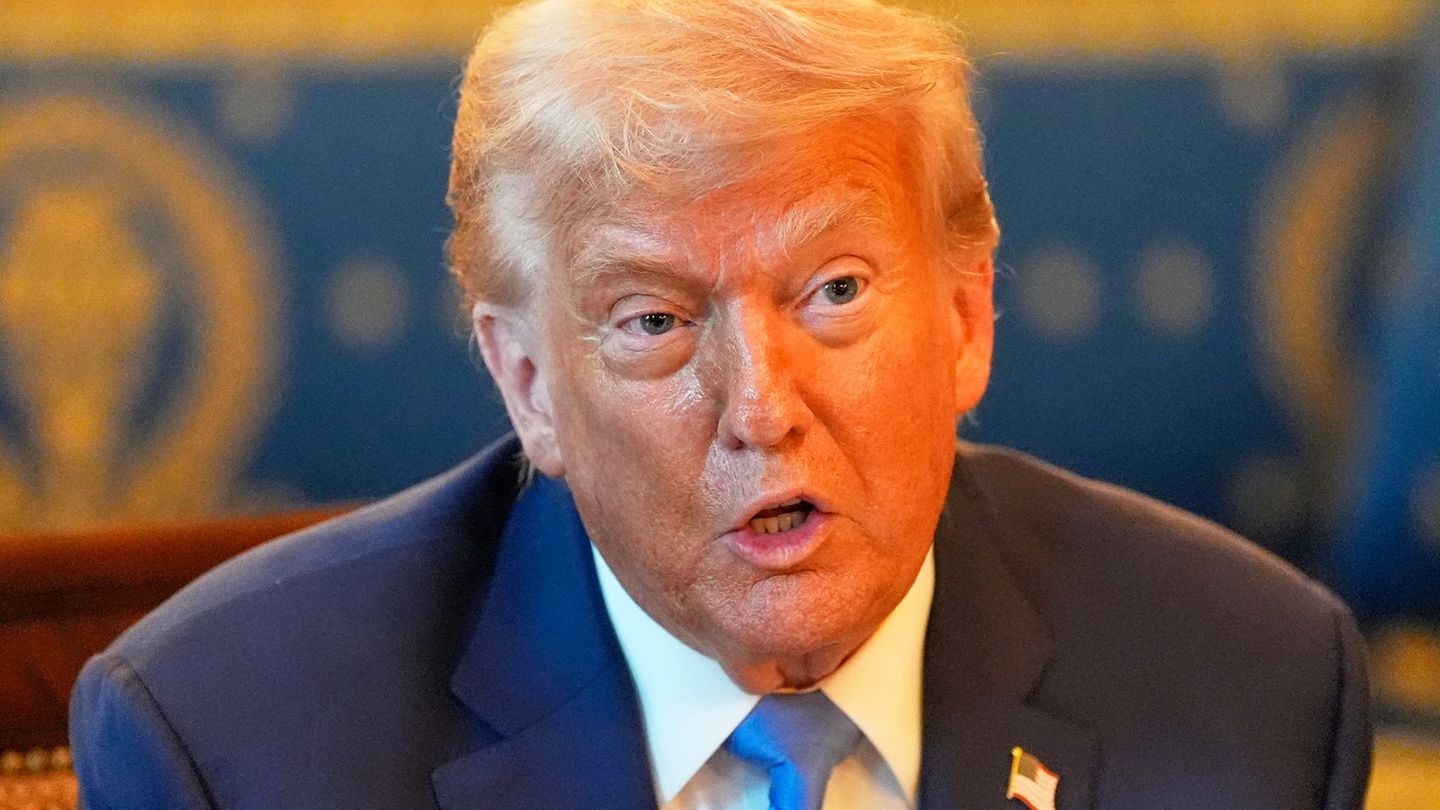Moscow is exporting much less gas and oil than before its attack on Ukraine and will continue to fall, according to the International Energy Agency. Germany has also changed course.
After the West turned away from Russian oil and gas, the head of the International Energy Agency (IEA), Fatih Birol, sees Russia permanently weakened. “Russia has lost the energy battle,” Birol told the French newspaper Liberation in Paris on Saturday. Oil and gas exports have fallen by 40 percent since the beginning of the Russian war of aggression against Ukraine, according to the agency, which is mainly supported by western industrialized countries.
This is just the beginning, because the Russian oil and gas fields are technically and geologically complex, Birol explained. They needed the technological support of international experts. “However, they withdrew from Russia.” Therefore, funding will decrease in the medium term. Russia cannot simply replace Europe, once the largest customer, with Asia.
In Germany, sharp increases in gas imports from Norway, the Netherlands and Belgium have almost compensated for Russian deliveries since the end of August 2022. This emerges from an internal paper from the Federal Network Agency, which is available to the German Press Agency dpa. According to this, Germany imported a monthly net average of 77.0 terawatt hours of natural gas from 2017 to the end of February 2022, which was used for consumption and storage filling.
In contrast, the net import from September 2022 to the end of January – i.e. without Russian gas deliveries – was 72.7 terawatt hours per month. In addition, around 4 terawatt hours of liquefied natural gas came from the new LNG terminals on the German coasts in January.
Supply stable
The Federal Network Agency continues to rate the gas supply in Germany as “stable”. Economical gas consumption remains important.
Consumers in Germany also felt the consequences of the dispute on the energy market when filling up. Despite extreme fuel prices, more petrol was consumed in 2022 than in the two previous years. This is indicated by an evaluation of figures from the Federal Office of Economics and Export Control (BAFA). Possible dampening effects of the high prices were obviously more than offset by the relaxation of the corona virus and the renewed increase in travel.
Around 17 million tons of gasoline were delivered, usually at gas stations. That is a good 500,000 tons more than in 2021. Diesel consumption, on the other hand, remained at the lower level of the two previous years. Here, a large part of the demand does not come from private individuals, but from the transport of goods by truck.
Meanwhile, the association of municipal companies is demanding a protective shield for municipal utilities and more speed in the energy transition from the federal government. As buyers of gas, most of whom are active in over-the-counter trading, municipal utilities and energy suppliers would have to deposit higher security deposits in futures trading, it said at the weekend. “That ties up liquidity, which in turn makes trade more difficult or blocks it. And in the end, this liquidity is also lacking for necessary investments in the energy transition.”
Source: Stern




